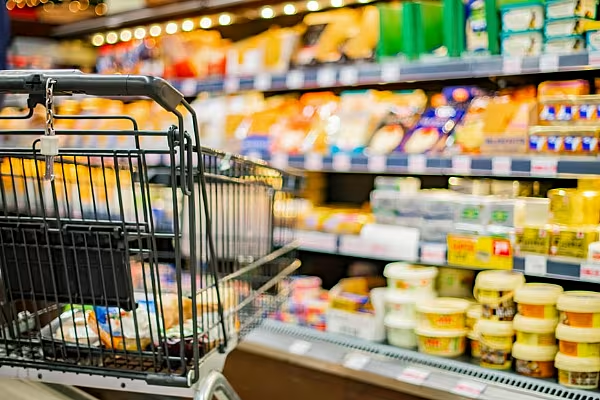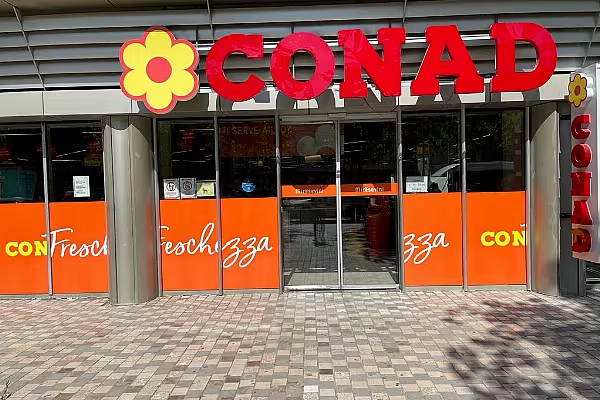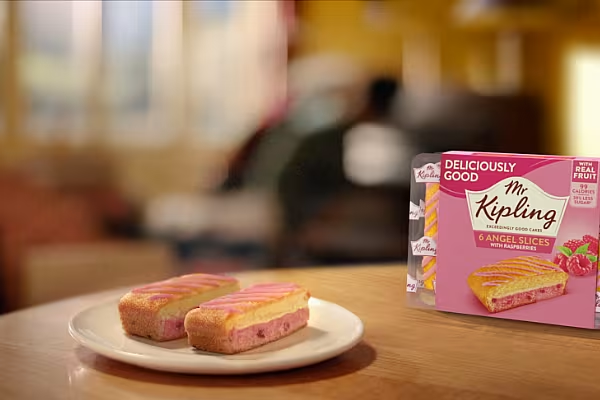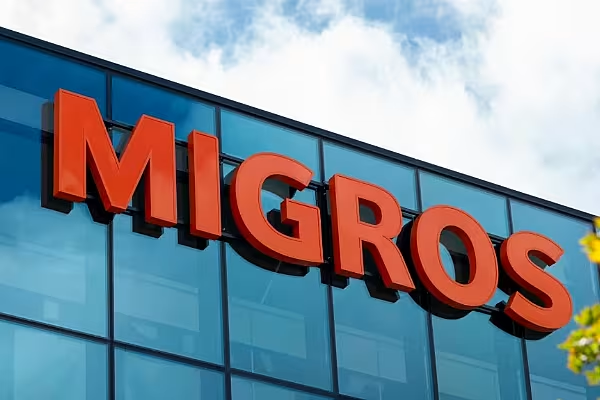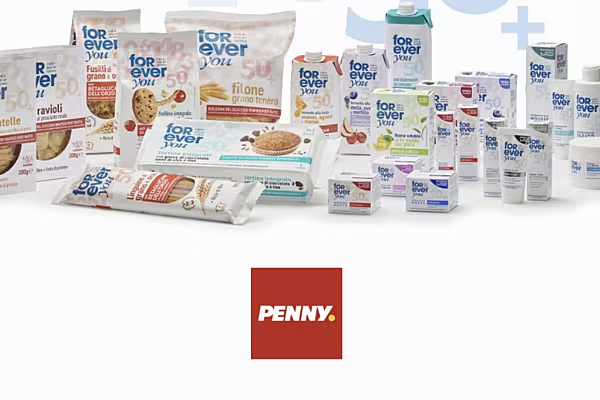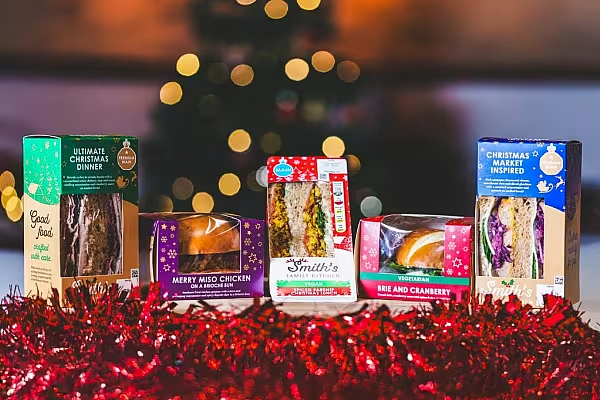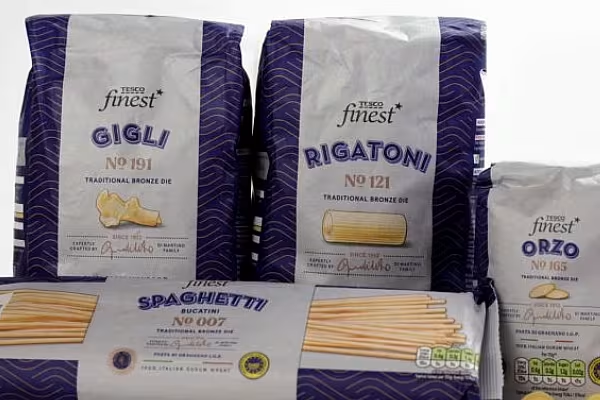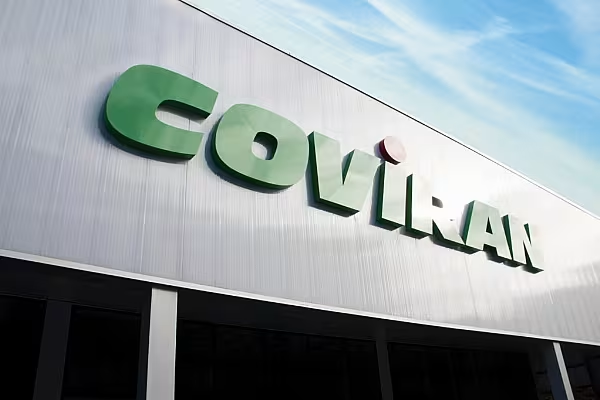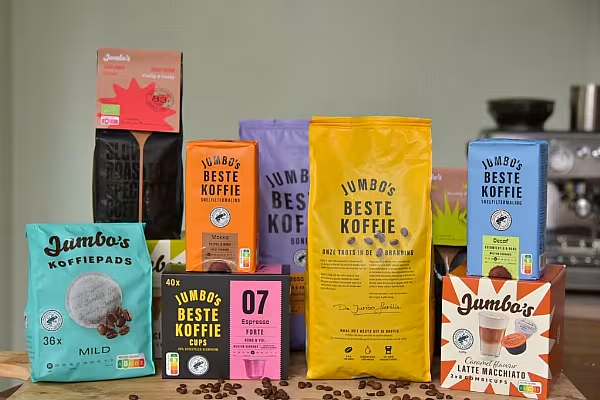Inflationary pressures and the cost-of-living crisis have had a notable impact on consumer preference for private-label products, the latest edition of the EY Future Consumer Index has found.
While initially, 28% of consumers said that they were buying more private label over branded products in response to rising costs, EY's findings suggest that this has become a sustained habit, with two thirds (66%) say that they find that these less expensive alternatives satisfy their needs just as well as their branded equivalents, while close to two thirds (38%) said that they have no plans to switch back to branded items.
Higher Income Shoppers
EY's research also found that this trend is not excessive to shoppers in mid- to lower-income bands.
Higher income consumers plan to buy private label brands across various categories in the future, including fresh food (60%), home and household care (56%), packaged food (52%), clothing, shoes, and accessories (49%), personal care (49%), and beauty and cosmetics (39%), EY noted.
According to the Future Consumer Index, retailers are seeking to promote private label brands aggressively by placing them at eye level and near the front of stores, and expanding their product range. Store brands no longer merely imitate branded products at lower prices but also offer diverse product options, with retailers using point-of-sale data to identify early trends.
“In response to the growing popularity of private label with consumers, many consumer products companies are focusing on volume recovery," commented Kristina Rogers, EY Global Consumer Leader. "Efforts to simplify the portfolio, drive down costs and unlock resources are important, but this must happen alongside innovation and marketing – they need to keep their brands inside the consumer’s circle of trust to maintain their margins and fund growth agendas."
Data Analytics
Rogers added that for retailers, better data analytics capabilities will assist them with better targeting and reaching consumers, boosting their private-label sales as a result.
"[Retailers] can use retail media and loyalty programs to incentivise private label purchases and create alternative revenue streams by promoting their partner brands," she said. "CPG companies will need to take a balanced approach – promoting their brands to meet today’s goals, while also pursuing ways to keep these new consumers and earn their loyalty. Innovative new products that differentiate from private label and which consumers find valuable will be key to their future success.”
Read More: A Third Of Shoppers 'Crave The Personal Service' Of In-Store Shopping: EY
